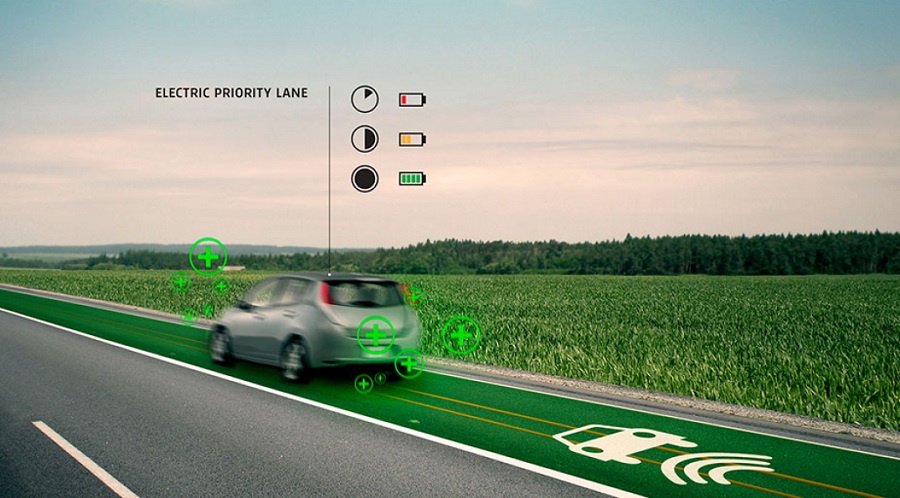Smart Highways: The Future of Intelligent Road Networks
Smart Highways are revolutionizing transportation by integrating advanced technologies like IoT, AI, and real-time data systems into road infrastructures. These highways enhance traffic management, reduce congestion, and improve road safety through dynamic traffic signals, vehicle-to-infrastructure communication, and adaptive lighting. With smart sensors embedded in roads, they provide live updates on traffic flow, weather conditions, and accidents, ensuring efficient route planning for commuters and emergency services. As urbanization grows, Smart Highways are essential in creating sustainable, efficient, and safer transport ecosystems for the future. Smart Highways Market is estimated to grow at a CAGR of 16.19% from 2032.
Key Technologies Powering Smart Highways
Smart Highways utilize a blend of cutting-edge technologies including Internet of Things (IoT) sensors, Artificial Intelligence (AI), 5G connectivity, and automated traffic control systems. IoT devices continuously monitor traffic density, road conditions, and environmental factors. AI algorithms analyze this data to optimize traffic flow, detect incidents, and manage resources in real-time. Moreover, 5G networks ensure high-speed, low-latency communication between vehicles and infrastructure. These technologies collectively create a responsive and intelligent road network, enhancing efficiency, safety, and providing a foundation for autonomous vehicle integration.
Benefits of Smart Highways for Urban Mobility
Smart Highways significantly improve urban mobility by reducing traffic congestion, enhancing road safety, and promoting eco-friendly transportation. Real-time traffic monitoring and adaptive signal control decrease travel times and prevent bottlenecks. Smart lighting systems conserve energy by adjusting brightness based on traffic and weather conditions. Additionally, these highways support electric vehicle (EV) charging lanes and dynamic tolling, encouraging sustainable transport solutions. With better route guidance and proactive incident management, Smart Highways contribute to a seamless commuting experience, ultimately boosting economic productivity and improving quality of life in cities.
Environmental Impact and Sustainability of Smart Highways
Smart Highways contribute to environmental sustainability by optimizing traffic flow, thus reducing vehicle emissions and fuel consumption. Eco-friendly materials like self-healing concrete and solar panels are being integrated into road surfaces to minimize maintenance and harness renewable energy. Smart traffic systems reduce idle times and promote smooth vehicle movement, leading to lower carbon footprints. Some highways even feature dynamic lanes for electric vehicles, enabling wireless charging while in motion. Overall, Smart Highways are a vital component in achieving greener transportation infrastructures and combating urban air pollution.
Challenges in Implementing Smart Highway Infrastructure
Despite their advantages, Smart Highways face challenges such as high initial investment costs, integration with existing road networks, and cybersecurity concerns. Upgrading traditional infrastructure demands significant funding and collaboration between governments, private sectors, and technology providers. Data privacy and protection against cyber-attacks are critical as these systems rely heavily on interconnected networks and real-time data exchange. Additionally, maintaining technological compatibility with a diverse range of vehicles and ensuring consistent system performance in various weather conditions remain key obstacles to widespread Smart Highway deployment.
Future Outlook: Smart Highways and Autonomous Vehicles
The future of Smart Highways is closely tied to the rise of autonomous vehicles (AVs). These highways will play a crucial role in supporting AV navigation by providing precise, real-time data on traffic conditions, lane markings, and potential hazards. Advanced Vehicle-to-Infrastructure (V2I) communication systems will enable seamless interaction between smart roadways and driverless cars, ensuring safer and more efficient travel. As AV technology matures, Smart Highways will evolve into fully integrated, intelligent transportation ecosystems, leading the way towards accident-free roads and optimized traffic management in smart cities.



